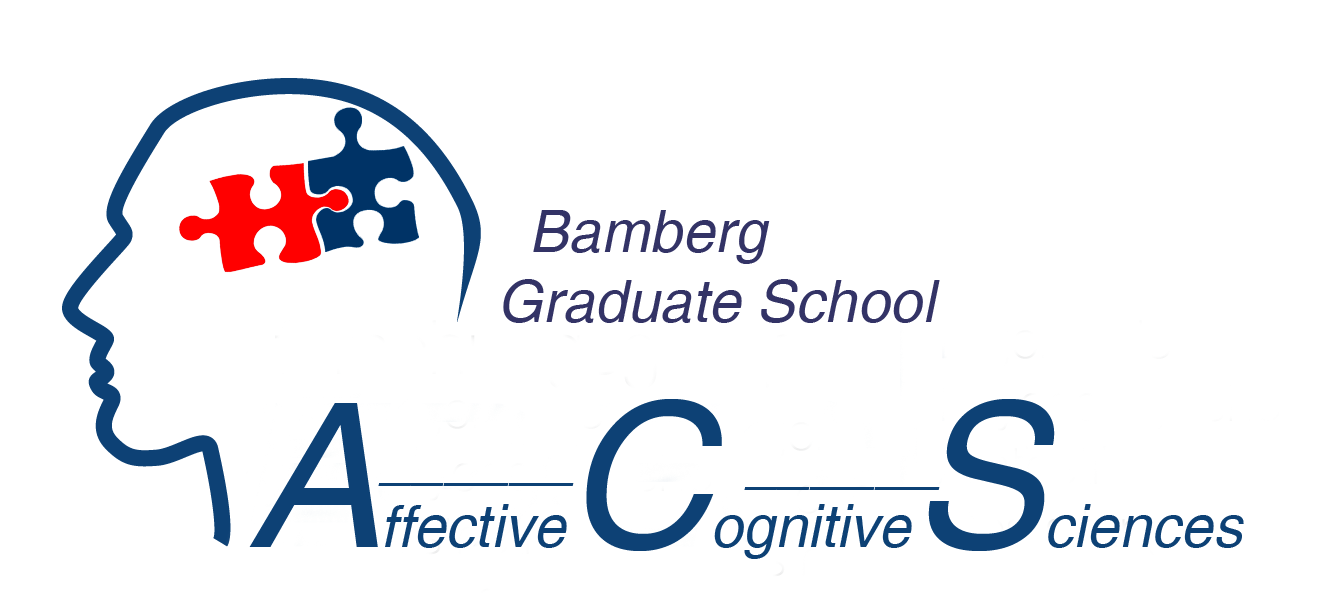Lehrveranstaltungen im WiSe 2017/2018
Lehrveranstaltungen im WiSe 2017/2018
Non-visual Perception
- Dozent/in
- Angaben
Seminar
Zeit und Ort: Do 12:00 - 14:00, M3N/03.29- Inhalt
An English-language seminar course that covers several non-visual senses, including auditory perception, haptic/kinesthetic perception, olfactory and gustatory perception, as well as perception of time. More specifically, approximately half of the seminar course will be devoted to the auditory perception, including basic physics of the sounds, physiology of the auditory system, pitch processing, spatial sound localization, auditory scene analysis, speech comprehension, etc Haptic/ kinesthetic perception introduces physiology and neural correlates of sense of weight, temperature, balance, etc Olfactory and gustatory perception examines the interaction between purely gustatory perception and additional retronasal inputs that form the food flavor, as well as considering other perceptual and cognitive factor. Finally, time perception examine sense of time at all time-scales, starting with day-long time-intervals and ending with the milliseconds-level precision of event-synchrony detection. No neuroscience background is required, as the key necessary concepts will be introduced within the course.
Statistical analysis using free software (iPython, R)
- Dozent/in
- Angaben
Seminar
Englischsprachig
Zeit und Ort: Di 16:00 - 18:00, MG2/00.09- Inhalt
A practical hands-on course on using R software to analyze research data from typical psychology studies. Topics include: Importing data from various source, such as Excel/CSV tables, SPSS data, tab-delimited files, etc.; Data preprocessing, including units conversions, scaling/z-scoring/log-scaling, data filtering, etc.; Data aggregation, including automatic data splitting based on combinations of factors, computing various statistics, such as mean, standard error, geometrical central moments, etc.; Data plotting, producing publication quality plots via ggplot2 package; Statistical analysis, including both traditional methods (t-test, ANOVA, non-parametric tests), better methods for repeated measures design (linear mixed models), and new methods (Bayesian analysis, computer classifiers, etc.). No programming background is necessary.
Visual Perception
- Dozent/in
- Angaben
Seminar
Zeit und Ort: Di 8:00 - 10:00, M3N/03.28- Inhalt
An English-language seminar course on visual perception with a particular emphasis on understanding the underlying neural architecture. The course covers the entire visual system, starting with the retina and looking at subcortical and cortical visual processing: architecture of the visual system, Initial processing primary visual cortex (how much more information does primary cortex has than you are aware of?), motion (can you see a motion, if an object remains still?), color (in how many different colors can you see a gray square?), object (do you always see the object the same way?), face-processing, etc. Related topics include influence of selective attention, of prior knowledge (visual illusions), memory, and expectations. No neuroscience background is required, as the key necessary concepts will be introduced within the course.
Exploratorische und Konfirmatorische Faktorenanalyse in der Testkonstruktion (Faktorenanalyse)
- Dozent/in
Dr. rer. nat. Katrin Rentzsch
- Angaben
Seminar, Pflichtmodul Vertiefung Diagnostik, Theorien und Modelle
Zeit und Ort: Mo 12:00 - 14:00, M3/02.10, M3N/-1.19- Inhalt
Psychometrische Tests gehören zu den wichtigsten Untersuchungsinstrumenten in der Psychologie. Ihre Qualität hat oft entscheidenden Einfluss auf die gewonnenen Ergebnisse. Ein wichtiger Schritt in der Testentwicklung ist dabei die Bestimmung der Validität des Testverfahrens mittels Exploratorischer und Konfirmatorischer Faktorenanalyse. Ziel des Seminars ist es, den dafür notwendigen theoretischen und methodischen Hintergrund sowie praktische Fertigkeiten zur Durchführung jener Analyseverfahren zu vermitteln. Im Seminar erfolgt einerseits eine Wiederholung der Kenntnisse zu den Schritten der Testkonstruktion sowie eine Einführung in die Grundlagen der Exploratorischen und der Konfirmatorischen Faktorenanalyse. Das gewonnene theoretische Wissen wird anschließend praktisch vertieft. Dabei wird der Umgang mit den Statistikprogrammen SPSS, R, AMOS und Mplus geübt. Anhand bereits vorgegebener Daten werden wir die einzelnen Schritte einer Exploratorischen und einer Konfirmatorischen Faktorenanalyse nachvollziehen, d.h. die Daten gemeinsam analysieren und interpretieren.
- Empfohlene Literatur
Moosbrugger, H. & Kelava, A. (Hrsg.) (2012). Testtheorie und Fragebogenkonstruktion (2. Aufl.). Heidelberg: Springer.
Bühner, M. (2011). Einführung in die Test- und Fragebogenkonstruktion (3. Aufl.). München: Pearson Studium.
Weitere Literatur wird in der Veranstaltung bekannt gegeben.
